Since the United Nations Food Systems Summit, Vietnam has been one of the few Asian countries to issue a National Food Systems Action Plan (FST-NAP), identifying five key areas for transformation. But as experts assess, it is what happens at the local level that is the true measure of success.

Associate Professor, Dr. Tran Minh Tien, Deputy Director of the Vietnam Academy of Agricultural Sciences (VAAS). Photo: Bao Thang.
According to Associate Professor Dr. Tran Minh Tien, Deputy Director of the Vietnam Academy of Agricultural Sciences (VAAS), the biggest challenge now is how to enable localities to make decisions autonomously based on reliable data. “We have talked a lot about transforming the food system, but without data, planning at the provincial level is still just an estimate,” he said at the Vietnam-Ireland Bilateral Cooperation Conference on Transforming the Agriculture-Food System on the morning of November 4.
VAAS is working with the Ministry of Agriculture and Environment and international partners to build an online information platform, connecting data on crops, land, emissions and nutrition. Mr. Tien said that this database will be a tool to help provincial authorities properly assess the potential of each region, and at the same time monitor the progress of transformation through specific indicators.
“You can’t make a switch based on gut feelings. If localities can measure productivity, nutritional value and emissions, they will know exactly where to prioritize investments,” Mr. Tien analyzed.
Sharing the same view, Associate Professor Dr. Dao The Anh, Chairman of the Vietnam Association for Rural Development Sciences and former Deputy Director of VAAS, said that transforming the food system cannot be viewed solely from the agricultural sector. “We must have a comprehensive approach, combining nutrition, health, environment and livelihoods,” he said.
He cited the model of agricultural-tourism integration in Son La, where agricultural production is linked to local consumption, contributing to reducing food loss and developing sustainable livelihoods. In Dong Thap, farmer groups are encouraged to participate in controlled supply chains, linking production - processing - consumption in the same area.
“What Vietnam needs is a system where sectors do not operate in isolation. Agriculture is still the mainstay, but it must be knowledge-based agriculture and new risk management,” he said.
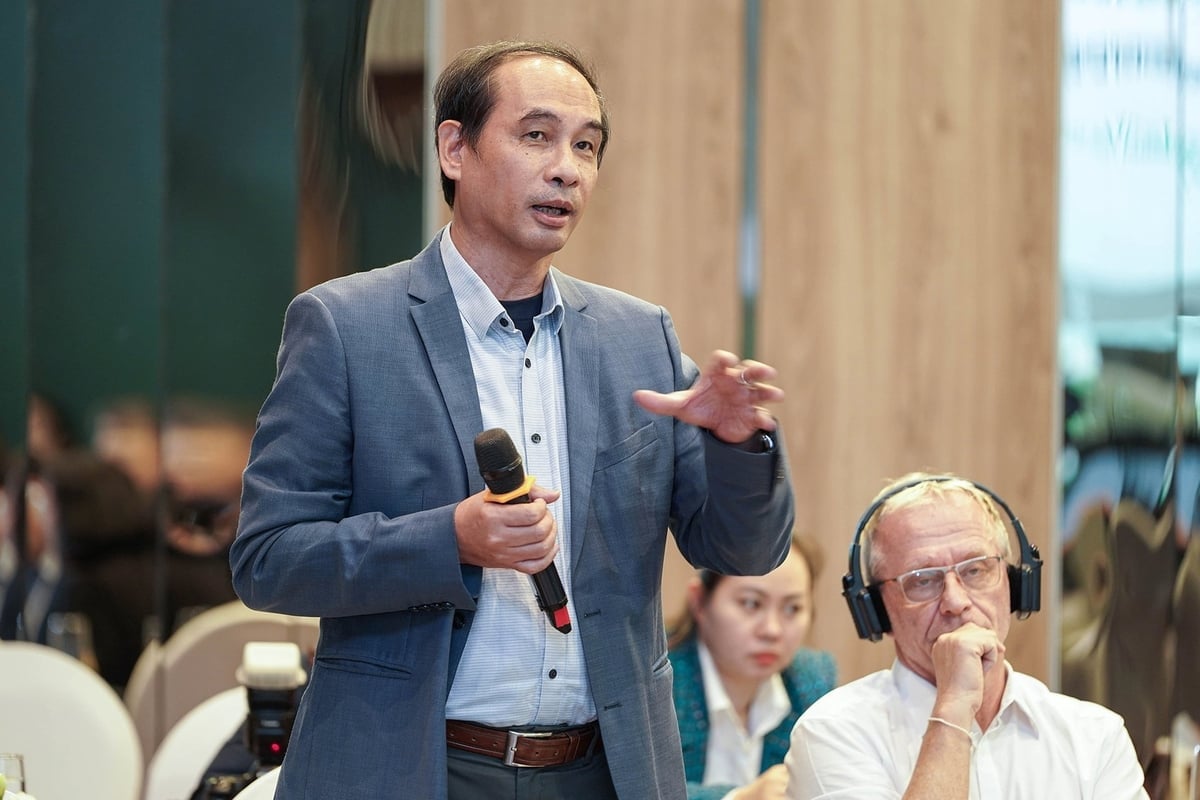
Associate Professor, Dr. Dao The Anh, President of the Vietnam Association for Rural Development Science. Photo: Bao Thang.
On that basis, local authorities should consider farmer groups, cooperatives, research institutes and enterprises as equal links in the chain, not as give-and-take relationships. When information and benefits are shared, the food system can move synchronously.
The report at the conference by Dr. Tran Van The - senior technical expert of FST-P further reinforced this opinion. The three provinces of Son La, Dong Thap and Nghe An are in the initial stages of implementing the provincial action plan - a step to concretize the national strategy.
Son La focuses on ecological agriculture and indigenous products, linking food system transformation with community tourism development. Dong Thap focuses on linking the rice-lotus-fish value chain, reducing post-harvest losses and increasing processing rates. Nghe An focuses on developing nutritional agriculture, focusing on food diversity and improving school meals.
These three provinces are pilot models to gain experience for nationwide expansion in the 2026 - 2030 period.
To ensure that the transformation at the local level is not interrupted after the project, it requires "green finance" resources and the participation of the private sector. This is what Associate Professor Dr. Dao The Anh is concerned about. He recommends that localities must have a clear and transparent plan to mobilize capital, because no one will fund a general plan. There must be data, targets and a commitment to monitoring.
In addition, the human factor also determines the speed of transformation. Many localities have begun to mobilize youth, cooperatives and clean agricultural start-up businesses to participate in this process.
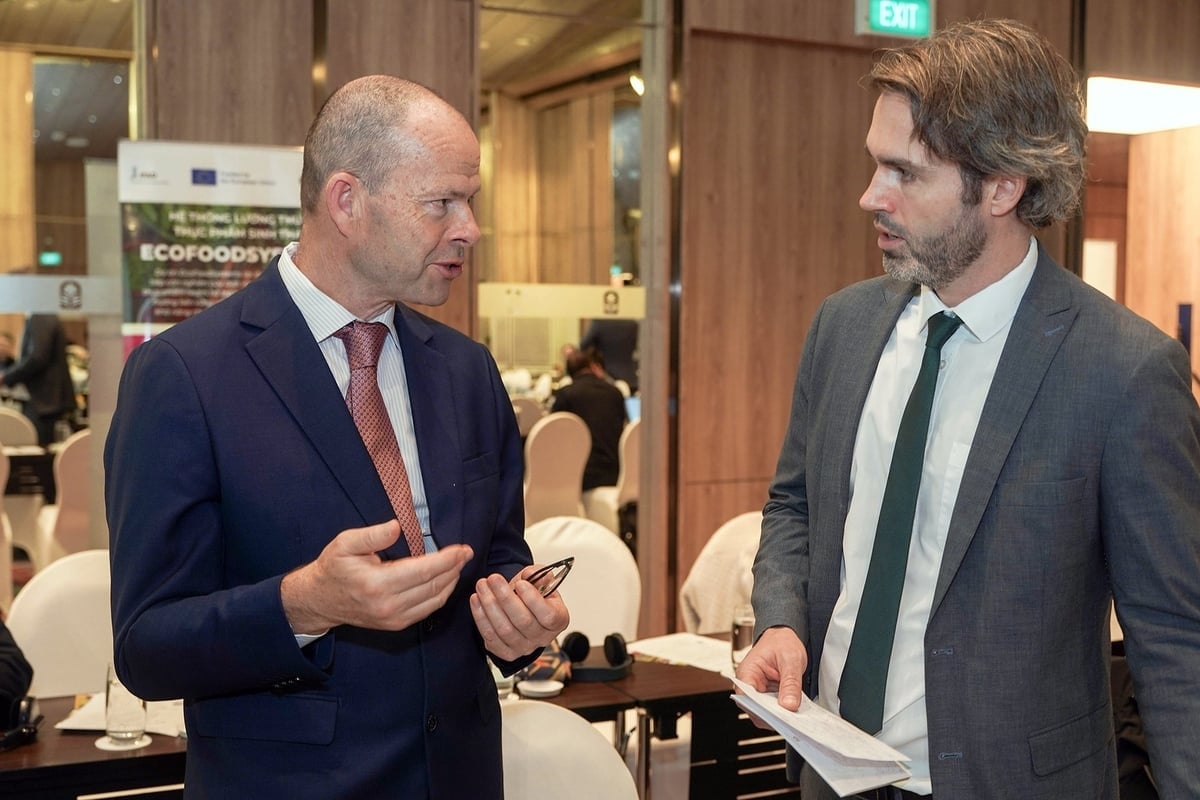
Dr. Joseph O'Flaherty (left), expert of Sustainable Food Systems Ireland. Photo: Bao Thang.
Coming from a country with advanced agricultural production, Dr. Joseph O'Flaherty - an expert from Sustainable Food Systems Ireland shared: Vietnam and Ireland share the same challenges of food safety and greenhouse gas emissions - two inseparable factors in value chain management. "If you want to reduce emissions, you have to control food safety well because that is where sustainability starts," he said.
According to him, Vietnam is on the right track by letting provinces proactively identify priority issues instead of applying a general model. This approach helps localities be more flexible, while also creating conditions for international partners to provide technical support appropriate to each ecological region.
From central policy frameworks to concrete actions at the provincial level, Vietnam’s food system transformation journey is gradually taking shape into a new structure where data, knowledge and community operate together.
“Transformation is only meaningful when farmers, businesses and scientists act together,” said Mr. Tran Minh Tien. According to Mr. Dao The Anh, the important thing is not speed but the spread when people feel they are part of the change process.
Source: https://nongnghiepmoitruong.vn/chuyen-doi-he-thong-luong-thuc-thuc-pham-bat-dau-tu-dia-phuong-d782268.html




![[Photo] Opening of the 14th Conference of the 13th Party Central Committee](https://vphoto.vietnam.vn/thumb/1200x675/vietnam/resource/IMAGE/2025/11/05/1762310995216_a5-bnd-5742-5255-jpg.webp)





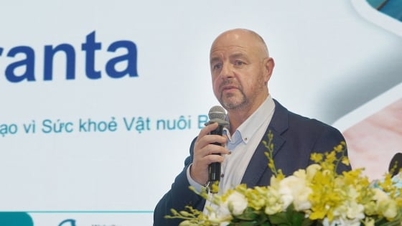
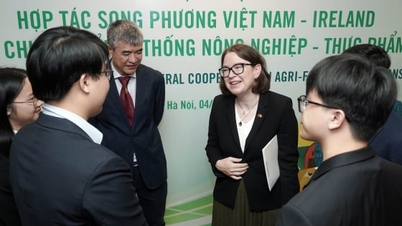
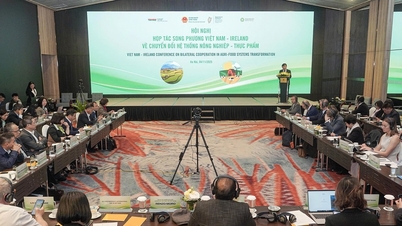

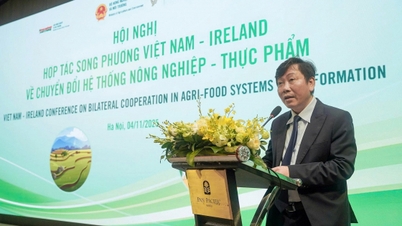






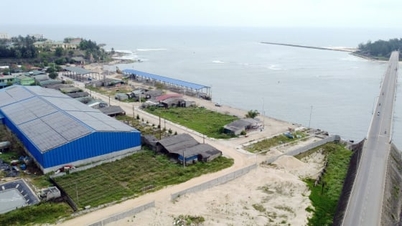

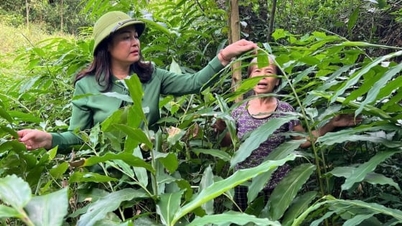




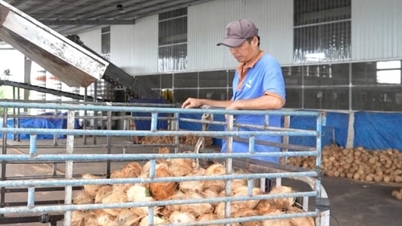
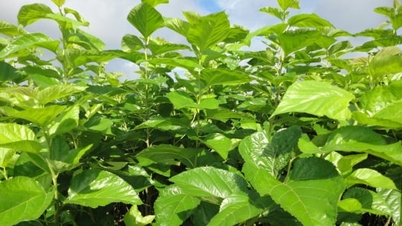


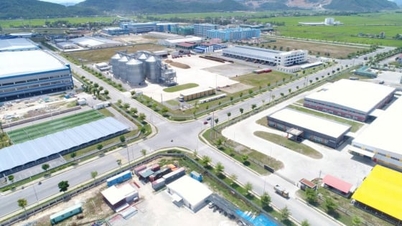

![[Photo] Panorama of the Patriotic Emulation Congress of Nhan Dan Newspaper for the period 2025-2030](https://vphoto.vietnam.vn/thumb/1200x675/vietnam/resource/IMAGE/2025/11/04/1762252775462_ndo_br_dhthiduayeuncbaond-6125-jpg.webp)




















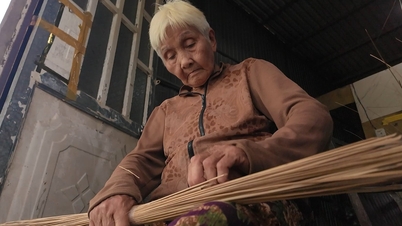



















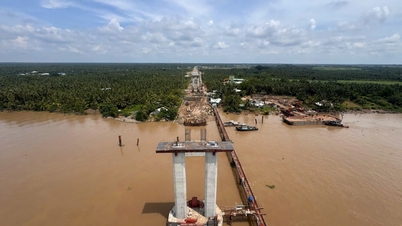







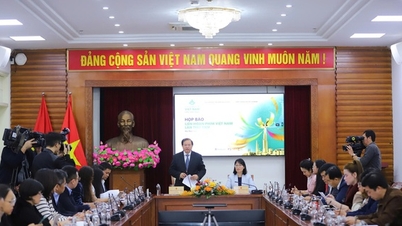
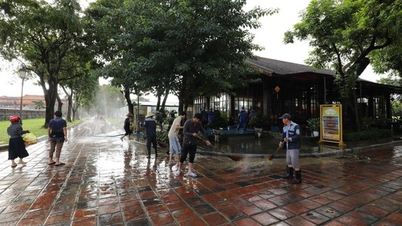
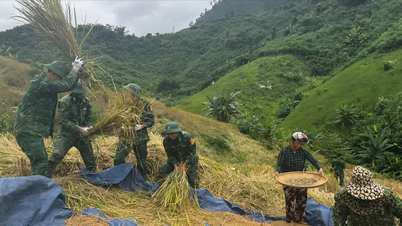

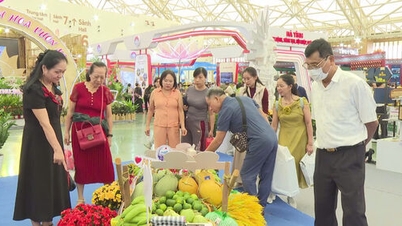

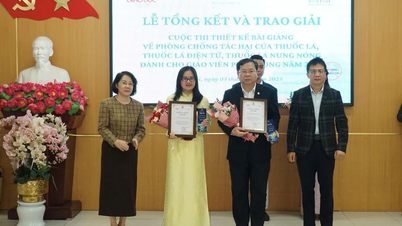

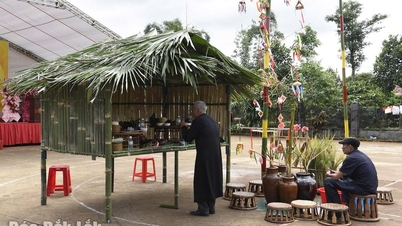

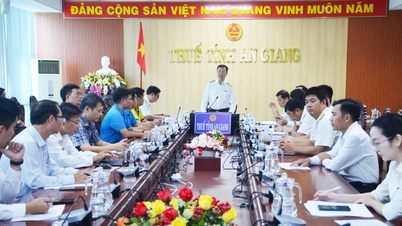

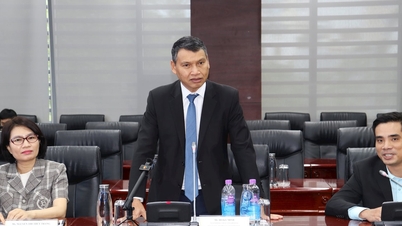















Comment (0)